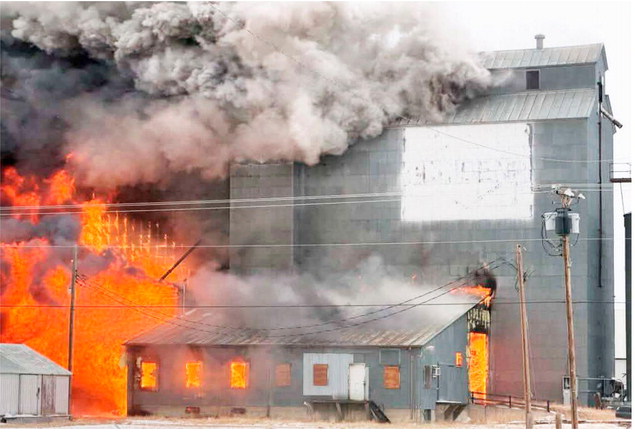those markets must then turn ….
those markets must then turn around and sell their crops to four companies that control 82 percent of the soybean crushing and 84 percent of wet corn milling in the United States.
Further undermining our agricultural economy, many of the companies controlling markets for farm inputs, like fertilizer, and commodities are vertically integrated, which means they control multiple stages of the supply chain. The most egregious example being the chicken industry, where farmers must sign a contract with a company – known as an integrator – which provides the birds, feed, medication and processing. Integrators can suppress wages, force expensive upgrades and even sabotage a farmer by providing low-quality inputs.
Due in part to this consolidation, the farmer’s share of every dollar consumers spend on food has fallen from 50 percent in 1952 to less than 16 percent today. The people doing the hard work of growing and harvesting our food see scant returns from their labors. Meanwhile, the lion’s share of profits generated from food sales goes to these corporations and their shareholders.
Dwindling farm profits affect rural communities too. Family farmers buy their supplies from neighborhood shops, attend community churches, eat at family- owned restaurants, and send their children to public schools, all of which suffer as farms buckle under mistreatment by multinationals.
Consumers don’t benefit from this arrangement either. Though it seems like our grocery stores offer endless possibilities, in reality, we have few choices. For one out of three common grocery items, four corporations account for at least 75 percent of sales. And those items aren’t necessarily priced fairly.
If Americans want to protect farmers, and take back control of the dinner table, the one solution to anti-competitive corporations in the agricultural marketplace is decisive government intervention. A good place to start is strengthening and enforcing the Packers and Stockyards Act, providing greater scrutiny of mergers and acquisitions and investing in local and regional food processing infrastructure. The U.S. Department of Agriculture and President Joe Biden have signaled actions in the right direction, but we can’t divert course until there is fairness for farmers.
It’s vital that Americans are offered reasonably priced, quality and nutritious sustenance that reflects the cost of producing it. Until farmers have more freedom to produce the food they want to grow or raise, and sell it to more than only a handful of buyers, we are all going to be victims of the consolidation in the agricultural industry.

